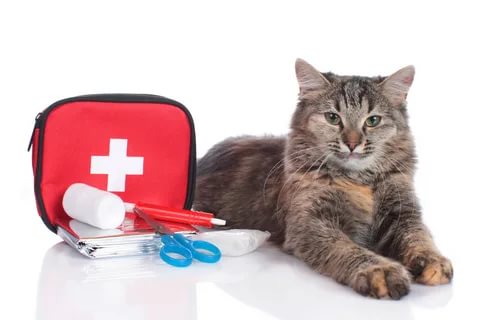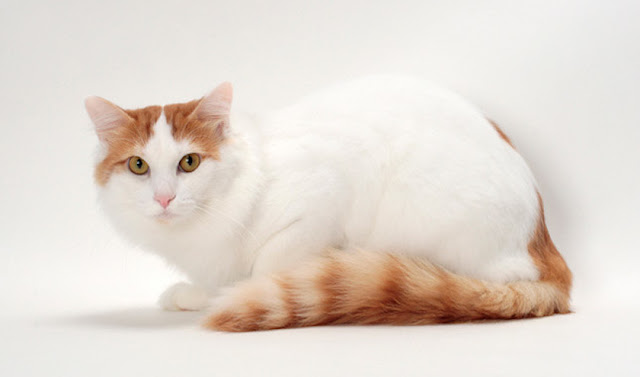What is a heart murmur?cat_examination_heart_disease
A heart mumble is an unusual heart sound, normally heard by tuning in to the heart with a stethoscope.
What causes a heart mumble?
A heart mumble is brought about by violent blood stream inside the heart. Here and there a mumble is resolved to be 'honest' or 'physiologic', while different occasions the mumble is resolved to be pathologic or brought about by illness. Pathologic heart mumbles can be brought about by a primary issue inside the heart (i.e., cardiovascular sickness), or can be because of a difficult that is 'extracardiac' (i.e., not brought about by coronary illness).
Do all mumbles sound the equivalent?
No. The tumult of a mumble mirrors the measure of choppiness that is available in the heart. Be that as it may, the tumult of a heart mumble doesn't generally relate straightforwardly with the seriousness of illness.
Mumbles are evaluated by their power, normally on a size of I-VI. A Grade I mumble is exceptionally delicate or calm, may just be heard discontinuously, and is typically just heard in one area on the chest, while a Grade VI mumble is noisy, heard wherever that the heart can be heard, and can be felt when an individual places their hand on the chest in the territory of the heart (in cardiovascular phrasing, this is known as a 'thrill').
Mumbles are additionally portrayed when in which they happen during the heart cycle, and by whether they are long or short. Most mumbles are additionally described by their area, or where they are the most intense.
By far most of mumbles in the feline happen during systole, the period of the heart cycle when the heart is contracting to siphon blood out.
The particular qualities of the mumble, alongside any side effects that your feline may be appearing, will assist your veterinarian with figuring out the thing is causing the mumble.
What is a guiltless or physiologic heart mumble?
A guiltless or physiologic heart mumble is a heart mumble that no affects the feline's wellbeing.
One sort of blameless heart mumble is frequently found in youthful developing cats, especially little cats that are developing quickly. The mumble may initially show up at 6 two months old enough, and a little cat with a blameless heart mumble will for the most part grow out of it by around 4-5 months old enough. This kind of mumble is considerate (not hurtful). Some ordinary grown-up felines may have an irregular heart mumble that shows up when their pulse is expanded because of stress. This kind of physiologic mumble vanishes when the pulse is ordinary, and no affects the feline's wellbeing.
When all is said in done, a physiologic or honest heart mumble will have a low power (typically Grade I-II out of VI), and doesn't bring on any indications or clinical signs.
heart_disease_healthy_heart_updated2017-1-03What underlying heart issues cause a heart mumble?
The heart is made out of four chambers - the left chamber, the left ventricle, the correct chamber, and the correct ventricle. Blood streams from the correct side of the heart through the pneumonic supply route to the lungs where it is oxygenated, and afterward the oxygenated blood experiences the left half of the heart and into the aorta, where it is siphoned to the remainder of the body. Between every one of the chambers and fundamental veins there is a valve that capacities to forestall blood streaming once more into the chamber as the heart siphons.
With primary coronary illness, there is a type of strange design or deformity that is upsetting the progression of blood, making choppiness. The irregularity in the heart might be a cracked heart valve, a thickening or narrowing of a valve or huge vein, or an unusual opening between the heart chambers.
Underlying heart issues might be intrinsic (the feline is brought into the world with a deficient heart) or obtained (a primary heart issue grows further down the road). In felines, the most widely recognized inborn primary heart surrenders are a ventricular septal deformity (VSD) or an atrial septal imperfection (ASD), albeit here and there a feline might be brought into the world with a damaged heart valve. The most well-known kind of obtained coronary illness in the feline is cardiomyopathy (see the gifts "Cardiomyopathy in Cats" and "Coronary illness in Cats").
What extracardiac issues cause a heart mumble?
Some extracardiac issues can cause what is known as a 'utilitarian heart mumble'. A utilitarian heart mumble might be because of iron deficiency (low degrees of red platelets), hypoproteinemia (low protein levels in the blood), fever or disease, or by conditions, for example, pregnancy, weight, or gauntness. With youthful cats, weakness as well as hypoproteinemia can be brought about by a hefty pervasion of parasites, for example, intestinal worms, blood parasites, insects or ticks. Grown-up felines that are pale may have other hidden variations from the norm (see the gift "Sickliness in Cats").
Some other extracardiac heart mumbles are 'optional', or brought about by changes in the heart that happen on account of some other sickness - in felines, the most well-known reason for an auxiliary heart mumble is hyperthyroidism (see gift "Hyperthyroidism in Cats"), which causes a type of cardiomyopathy called 'hypertrophic cardiomyopathy'.
How is a heart mumble recognized?
As a rule, a heart mumble is recognized when your veterinarian tunes in to your feline's heart with a stethoscope.
How would we see whether a mumble is because of a huge issue?
On the off chance that your veterinarian identifies a heart mumble, you will be posed a progression of inquiries about your feline's wellbeing and your veterinarian will survey your feline's overall state of being to decide if there are any side effects or clinical signs that show the requirement for additional demonstrative testing.






Post a Comment